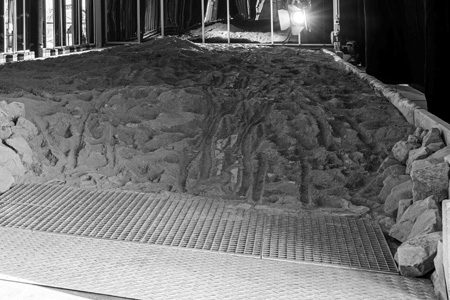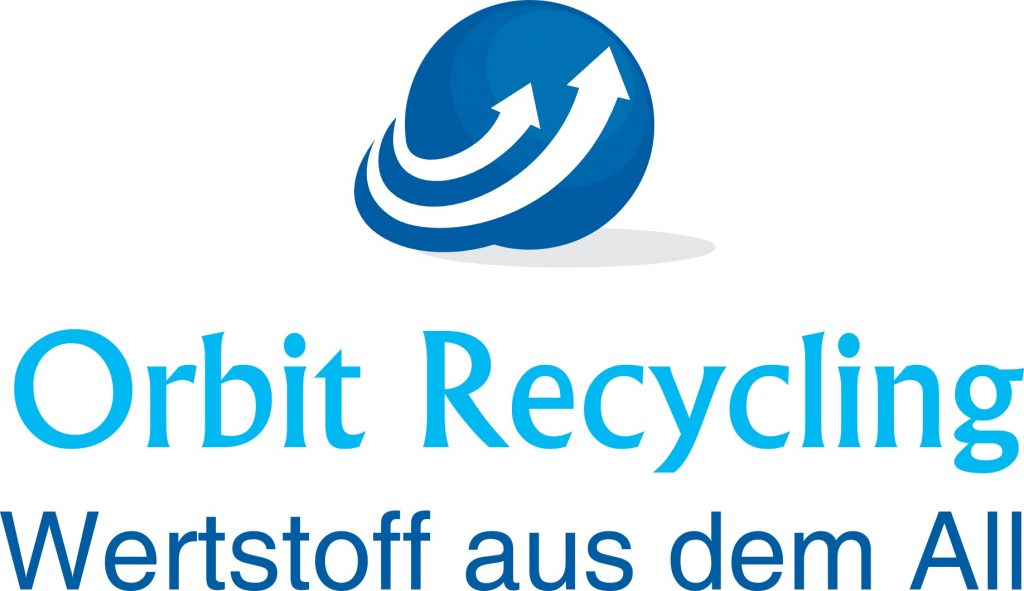
ALReCo – Orbit Recycling’s new composite material for sustainable Moon exploration

Initial submission
Humans are heading back to the Moon. Artemis and the Lunar Gateway programme are on their way and the next step will be the lunar ground station. But one major problem for a sustainable outpost on the Moon remains: Moon dust (regolith) doesn’t have the right material properties to either store energy efficiently or to be an ideal construction material. The result would be to transport massive quantities of material from the Earth. Orbit Recycling has developed a new composite: ALReCo. Using a unique method, regolith is mixed with material from space debris to enhance its physical properties. ALReCo shows improved thermal capacity and conductivity in order to store energy much better. ALReCo is better suited to construction elements and the integration of aluminium structures, and flanges with regolith parts could become a modular framework for the upcoming Moon base. By turning waste into valuable material, ALReCo reduces not only the amount of space debris but the amount of material that needs to be transported from Earth as well.
Development
INNOspace Masters was the starting point of our exciting journey within the space industry. The award gave us the credibility to collaborate with new industry partners to develop our solution and start new activities, especially in the area of a large lunar test facility. #TheMoon. This facility allows us (and others) to test all kinds of processes and technologies such as rovers and robotics under the harsh lunar dust conditions and improve them for later use on the Moon. We are sure that this would not have been possible without the INNOspace Masters award.
- TRL (Technical Readiness Level) From 2 to 4/5
- Team: 1 dedicated PHD position at TU Berlin incl. students
- Turnover: n.a. fully privately funded & profitable
- Investments: Funds from German Forschungszulage
- Partner: TU Berlin & ESA
- Markets: EU
- Fields of application: Construction & Civil Engineering
- Further programmes: ESRIC Start-up Support 2022; Presentation at global leader forum at Paris Peace Forum 2022
- Customers: B2B
Appraisal
ALreco is a perfect example of spin-in. Aluminium recycling is a well-known process on Earth, but currently hardly used in space. ALreco tested it and showed that this is feasible with its aluminium casting in regolith technology. The use of basalt fibres for space is an ongoing research topic. Combining both is unique and will help Europe to develop its lunar activities.
